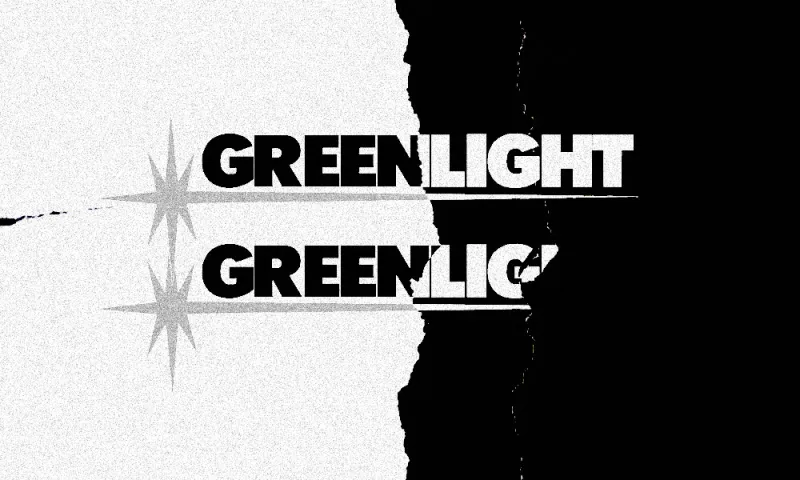It’s all good.
This is the overriding message David Einhorn’s Greenlight Capital seems to stress in its third-quarter letter to investors that was obtained by Institutional Investor.
Yes, the fund lost 9.1 percent in the third quarter and is now down 25.7 percent for the year. And it gained only 1.6 percent last year, when hedge funds enjoyed their best year since 2013.
But in the letter, Greenlight — Einhorn never personally signs his quarterly missives — indicated there's no need to to heavily revamp its portfolio. In September, the firm spent two days at an offsite meeting reviewing the entire portfolio, which resulted in only “some changes,” some of which are still being implemented.
The “the bigger take-away” from the two-day conclave is that “most of our company theses are intact,” Greenlight said in the letter. “We believe we have a deep understanding of the fundamentals of the companies we are invested in and the perceived misunderstandings by the market.”
The self-styled value sleuth — who several quarters ago speculated in a letter whether value investing is dead — tried to reassure investors that almost a decade into the current bull market, the firm’s longs “are very cheap on an absolute basis” and its shorts are “incredibly expensive.”
He railed at the fact that profitless companies with 20 percent to 30 percent top-line growth are trading at multiples about twice those of profitable companies “that lack that level of opportunity.”
Greenlight devoted one of the letter’s seven and a half pages of text to why on August 31 the firm sold its remaining shares of Apple, which compounded at 26 percent a year for the hedge fund and earned all of its partnerships more than $1 billion.
It was Greenlight’s largest position at various times since its initial investment in May 2010. The hedge fund firm stuck with the company even after Steve Jobs died and the stock nearly halved in price over a seven-month period. The firm takes pride in that it benefited from bucking the consensus view.
These days Greenlight is concerned that the consensus shares its view on the company, saying the stock’s price-to-earnings ratio of 17 on forward earnings is “much less enticing.”
“We are somewhat worried about Chinese retaliation against America’s trade policies,” Greenlight added in the third-quarter letter.
Greenlight devoted another three and a half pages or so to its so far ill-fated short bet on Tesla. The firm drew parallels between the electric car maker and Lehman Brothers Holdings' bankruptcy 10 years ago — a subtle reminder of when Einhorn was celebrated for his prediction of the investment bank’s demise.
Greenlight points out that Lehman faced a credit crunch in 1998, “bluffed its way through and got away with it” and was “rewarded” when its business turned around. So, it felt more emboldened during the next credit crunch in 2007-2008. The hedge fund also notes that Lehman threatened short sellers, refused to raise capital, and publicly mulled going private.
Tesla did similar things in 2013 when it was “on the brink of failure,” Greenlight said. The firm said that when cash reserves got dangerously low, CEO Elon Musk “secretly and desperately” tried to sell the company to Goggle, and “bluffed his way through the crisis.”
Not punished by regulators or the market, Musk was “emboldened…to embark on ever more aggressive deceptions,” Greenlight said. “But, like Lehman we think the deception is about to catch up to Tesla.”
The hedge fund's Tesla short was Greenlight’s second biggest winner in the otherwise disastrous second quarter.
Other major losers included Bayer, CNX Resources Corp., General Motors Co., “an undisclosed but profitless healthcare short,” and an “undisclosed marginally profitable technology short.”
Its biggest winner was its long bet on Brighthouse Financial.
Greenlight also said in the letter that during the third quarter it added what it describes as two medium sized long positions: cable company Altice USA and BT Group, the British telecom giant traded on the London exchange.







